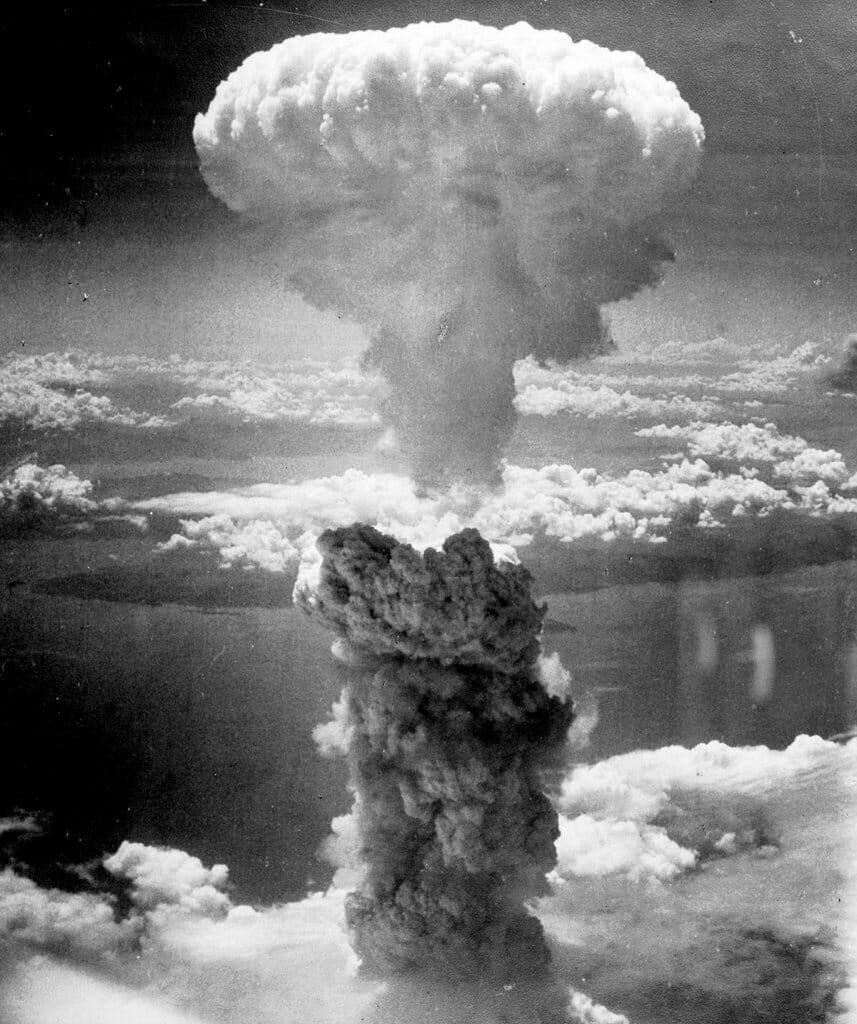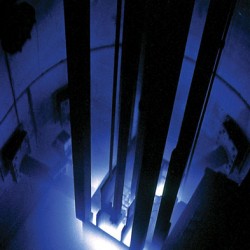Nuclear Fallout Could Cause New Ice Age
A UW study explores oceanic changes that would make temperatures drop.

“Within the first year or two, water in the North Atlantic sinks all the way to the bottom of the ocean,” says Maroon.
With the ongoing conflict between Russia and Ukraine, fears of nuclear war have increased. And while we’ve had an idea of how nuclear fallout will affect life on land, a new study sheds light on what could happen in the ocean’s darkest depths.
Elizabeth Maroon, a UW assistant professor of atmospheric and oceanic sciences and affiliate in the Nelson Institute for Environmental Studies, was on the team that published the findings. She and her colleagues used climate models suggesting a nuclear war could lead to oceanic changes that would cause temperatures to drop more drastically than in the last ice age.
“Within the first year or two,” Maroon says, “water in the North Atlantic sinks all the way to the bottom of the ocean, which we think has not happened even in the ice ages. In today’s ocean, only near Antarctica does water sink all the way to the seafloor.”
This change in ocean circulation would only be the beginning, paving the way for a damaged ocean food web and extending sea ice.
Published in the Winter 2022 issue



Comments
No comments posted yet.